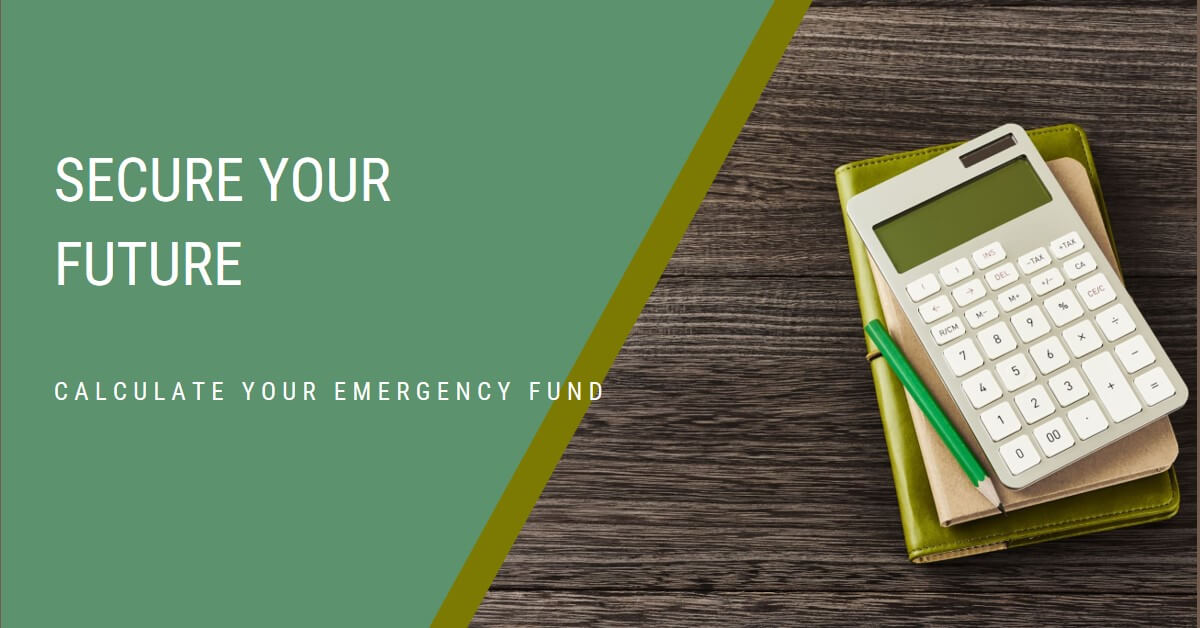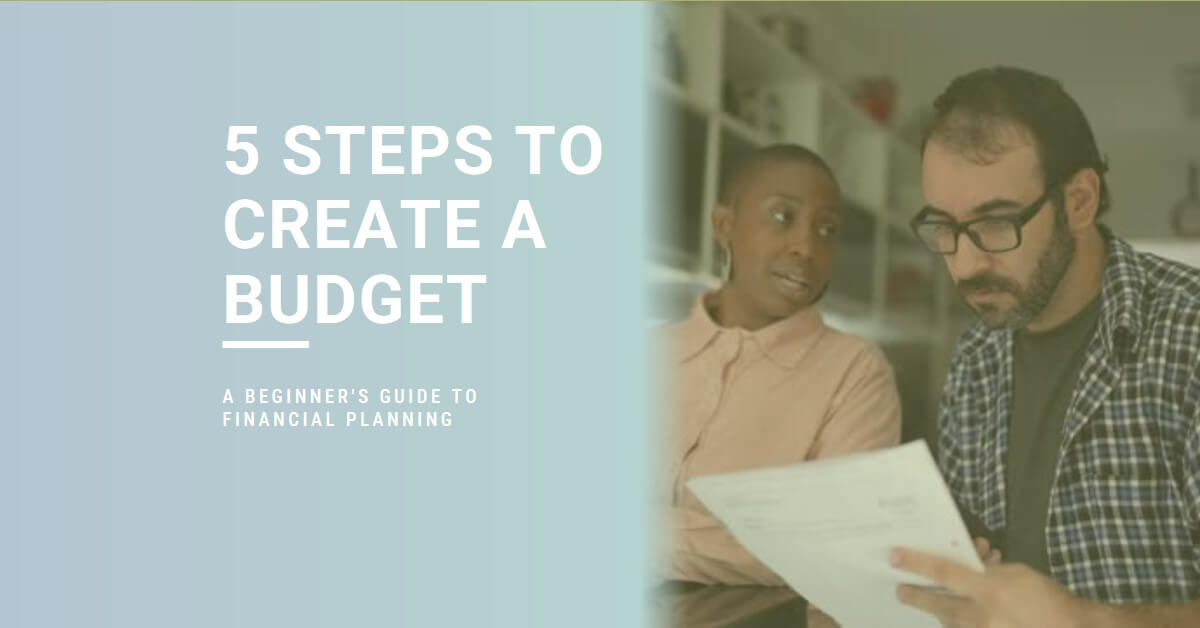
An Overview of Emergency Funds
Understanding the Purpose of an Emergency Fund
An emergency fund, a cornerstone of personal finance, serves as a financial buffer designed to cover unforeseen costs or provide support during times of financial uncertainty, such as unemployment, medical crises, or essential household repairs. It's fundamental in achieving financial stability.
The Significance of it
Without an emergency fund, unexpected expenses can lead to debt or the premature withdrawal of investments, potentially causing significant harm to your financial health. It acts as a financial safety net during unpredictable times.
Analyzing Your Requirements for an Emergency Fund
Contributors to Your Emergency Savings
The size of your emergency fund, a critical aspect of personal finance, can be influenced by various factors, including job stability, the number of income earners in your household, your regular and variable expenses, and your overall financial obligations. Understanding these elements is crucial when determining your emergency fund amount.
What is the Optimal Goal?
A general guideline suggests having a 6 month emergency fund, equivalent to three to six months of living expenses, though this may vary based on personal circumstances. For those working as freelancers or in unstable job sectors, a larger emergency fund may be necessary.
Guide to Calculating Your Emergency Fund
Simple Calculation Technique
To figure out your emergency fund, tally up your monthly living expenses and multiply by the desired number of months you want the fund to last. Remember, living expenses include rent, utilities, groceries, and other essential payments, making this a key step in how to calculate your emergency fund.
Advanced Computation for Various Requirements
For a more accurate estimate, consider irregular expenses such as annual memberships or quarterly bills. Additionally, evaluate your ability to reduce spending in challenging times, a smart move in personal finance.
Establishing Your Emergency Savings
Strategies for Efficient Saving
A straightforward strategy is to set aside a specific portion of your income each month towards your savings goal. Alternatively, automating your savings ensures a consistent contribution to your emergency fund without needing to remember to do it manually.
The Best Place to Store Your Emergency Fund
It's advisable to keep your emergency fund in a place that's accessible but not too tempting to dip into for non-emergency spending. High-yield savings accounts or money market accounts are popular choices for this purpose, combining ease of access with the benefits of personal finance management.
Resources and Tools for Calculating Your Emergency Fund
Calculators available on the internet
Numerous financial websites offer emergency fund calculators that can help you determine your target fund size based on personalized inputs. My Budget App has it's own free emergency fund calculator.
Examples of Successful Case Studies
Practical Situations
Learning from those who have successfully built and used their emergency savings can provide invaluable insights and motivation. Whether it's navigating a loss of income or handling unexpected medical emergencies without financial stress, these stories highlight the importance of an emergency fund in personal finance.
Gaining Insights from Others' Experiences
Exploring the various strategies and obstacles encountered by others can offer practical advice for setting up your own emergency savings, enriching your personal finance knowledge.
Typical Difficulties and Resolutions
Conquering Challenges
Saving money, a fundamental aspect of personal finance, can seem daunting, especially for those living paycheck to paycheck. However, even modest amounts can grow over time, highlighting the importance of identifying and reducing non-essential expenses.
Maintaining Motivation
Keep your eyes on the prize and regularly remind yourself of the reasons behind your savings efforts and the financial protection it offers. Visualize a future where you enjoy financial security and peace of mind.
Securing Your Emergency Fund for the Future
Modifying Your Investment Over Time
It's crucial to periodically review and adjust your emergency fund to align with any changes in your financial situation and responsibilities, ensuring it remains relevant to your current needs.
Getting Ready for Various Stages in Life
As you navigate through different life stages, such as entering the workforce, starting a family, or approaching retirement, you'll face various financial challenges and opportunities. It's essential for your emergency fund to evolve accordingly, accommodating these changes and the associated cost of living adjustments.
Commonly Asked Questions
- What is the recommended frequency for reviewing my emergency fund?
It's wise to periodically review your emergency savings, ideally at least once a year or after significant life changes such as changes in income, adjustments in household size, or facing large expenses. This practice is a cornerstone of smart personal finance management.
- Is it possible to invest my emergency fund in order to achieve higher returns?
While investing can yield higher returns, maintaining an easily accessible emergency fund in a low-risk account is crucial. Opting for a high-yield savings account or a money market account, which typically offer a more attractive interest rate, is advisable over risking your safety net in volatile markets.
- What sets apart an emergency fund from a rainy day fund?
An emergency fund is earmarked for significant financial upheavals, like job loss or unexpected medical bills, covering several months' living expenses. Conversely, a rainy day fund is for smaller, unplanned costs such as car repairs or home maintenance.
- What are some ways to build an emergency fund when I am barely making ends meet each month?
Start small and focus on consistently saving a portion of your income. Tweaking your discretionary spending, crafting a financial strategy, and finding ways to increase your income are effective steps to grow your emergency fund over time, aligning with sound personal finance practices.
- If I require access to my emergency fund, what steps should I take?
In an emergency, it's crucial to withdraw only what's needed and plan for replenishment promptly. Assess the situation thoroughly to confirm it's an emergency and consider all options to lessen the financial impact, reflecting responsible personal finance and emergency fund management.
Summary
Building and maintaining an emergency fund is a vital part of personal finance. It provides a buffer and peace of mind, preparing you for unexpected events. By evaluating your financial situation and applying the right strategies and resources, you can establish and sustain an emergency fund that stands ready to support you through any unforeseen challenges.
Now is the perfect time to take charge of your financial health. Start by figuring out how much you need for your emergency fund and take immediate steps to begin building this crucial financial safety net, possibly using an emergency fund calculator for precise planning.
Recent Posts
- Best Web-Based Free Budget Calculators Compared 2025
- Best Budget Travel Tips: Travel More, Spend Less
- Learn How to set up a budget Step By Step
- How to Use an Investment Return Calculator
- How to Spend Wisely and Save | Budget & avoid impulse buys.


